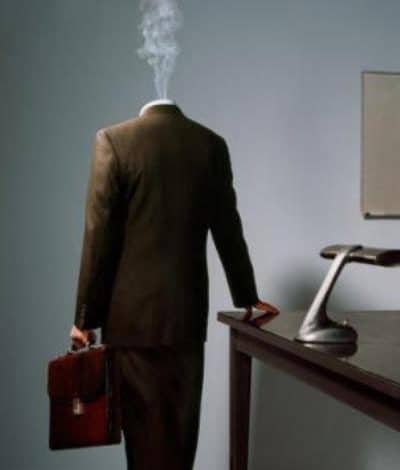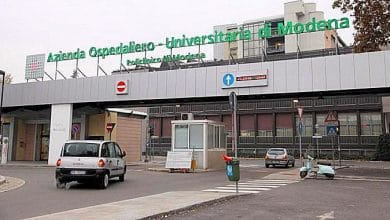
"The promotion of well-being in the workplace is also economically relevant, those who are well work better and produce more": what the Italian Society of Occupational Medicine and Industrial Hygiene (Simlii) has always supported is now also confirmed by the Organization world of health. In its latest report, WHO calculates that work-related health problems are responsible for an economic loss equal to 4-6% of GDP in many countries and that targeted initiatives can help reduce sickness absence by 27% and 26% health care costs for companies.
«These percentages should be taken with a little attention – comments President Simlii Peter Apostles – because planetary bodies like the WHO have to mediate very different situations, but it is undoubtedly a real phenomenon. Furthermore, in many countries, including Italy, non-work related illnesses are establishing themselves as the main problem: the difficulty of finding a job is causing social unease and a measurable higher incidence of illnesses, even of a certain importance».
For those who have a job, reports the WHO, the worst conditions are associated with an increase in cardiovascular pathologies and depression caused by stress, with absences and long-term illnesses. "We must avoid the mistake - warns Apostoli - of reducing the phenomenon to an individual matter, as if it were only an individual's inability to adapt or react, instead we must attack the primary causes, which concern the ways in which it is organised, or disorganized, work".
Anyone who is not sensitive to issues of social justice should in any case reflect on the economic consequences of failing to prevent: «not to prevent costs - says Apostoli - and we should be careful not to limit ourselves to the evaluation of direct medical costs, albeit very significant. When poor working conditions produce a sick or disabled person, the damage does not affect the company so much as the community that has to take care of it as well as, obviously, the individual himself».
Renato Torlaschi





